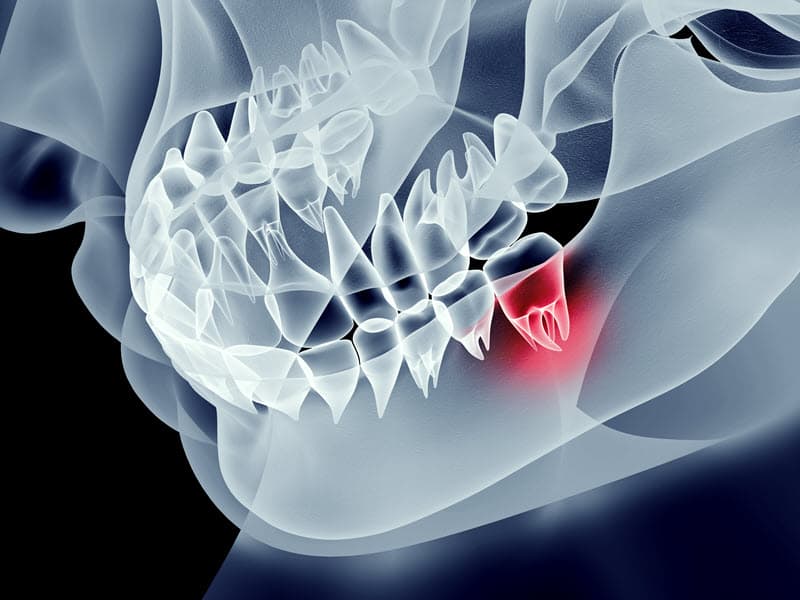Overview of Flipper Teeth
Overview of Flipper Teeth and When They Should be Used
How Flipper Teeth Work
Flipper teeth are typically made from an acrylic material and fashioned to fit in the mouth by clipping onto existing teeth or the gums. They fill the space left by the missing teeth, helping maintain the appearance of a complete set of teeth. As a removable prosthetic, they provide the convenience of easy insertion and removal for cleaning and maintenance.
General Pros and Cons of Flipper Teeth
Pros:
- Affordability: Flippers are often the most affordable temporary prosthetic option.
- Immediate Use: They can be quickly made and fitted, offering an immediate cosmetic solution.
- Comfort: When properly made, flippers can be relatively comfortable to wear.
Cons:
- Durability: The acrylic material is not as strong as other prosthetics, which may require careful handling.
- Maintenance: Regular cleaning is necessary to avoid infections or discomfort.
- Bone Loss: Long-term use without proper adjustments can lead to potential bone loss in the jaw.
While flipper dentures may be a suitable short term solution for some, it’s crucial to understand that they are not a one-size-fits-all solution, and various factors should be considered, including the individual’s dental health and lifestyle.
Dental Bridges as an Alternative to Flipper Teeth
Dental Bridge Procedure for Front Tooth
Dental Bridges and How They Differ from Flipper Teeth
A dental bridge, specifically a fixed partial denture, acts as a permanent fixture in contrast to a flipper tooth which is removable. Dental bridges are supported by natural teeth or implants on either side of the gap. This fixture offers a stable and enduring solution, differing significantly from flippers that are considered more of a temporary measure.
Pros of Dental Bridges
Cons of Dental Bridges
Why Would Someone Choose Dental Bridges over Flipper Teeth?
Individuals prioritizing a long-term solution may opt for dental bridges. The choice often stems from a desire for a fixed and durable replacement that aligns closely with the function and appearance of their natural teeth, along with the intention to protect overall oral health without the need for frequent adjustments or replacements.
Why Would Someone Choose Flipper Teeth over Dental Bridges?
Some might prefer flipper teeth due to their lower initial cost and the non-invasive nature of the fitting. Flippers do not require the same level of preparation or potential damage to adjacent teeth, and for those awaiting more permanent solutions like implants, flipper teeth can provide a viable temporary prosthetic tooth replacement.
Dental Implants Compared to Flipper Teeth
What Are Dental Implants?
Pros of Dental Implants: Longevity, Bone Preservation, and Function
- Longevity: Dental implants are designed to last for decades, often the remainder of the patient’s life, making them an excellent long-term investment in oral health.
- Bone Preservation: Implants stimulate and preserve the jawbone, preventing bone loss that often occurs with missing teeth.
- Function: Implants restore nearly the same level of chewing function as natural teeth, allowing for an unrestricted diet and proper digestion.
Cons of Dental Implants: High Upfront Cost, Surgical Procedure, and Healing Time
- Cost: The initial cost of dental implants can be high, reflecting the materials, specialized skills, and multiple stages required for placement.
- Surgical Procedure: Implants involve surgery, which can be a deterrent for some patients due to the associated risks and need for anesthesia.
- Healing Time: There is a significant healing period post-surgery, where the implant must integrate with the jawbone before the final prosthetic can be placed.
Why Would Someone Choose Dental Implants over Flipper Teeth?
Individuals may opt for dental implants over flipper teeth because of their durability, bone-retaining qualities, and how they closely replicate natural tooth function. They require no special maintenance beyond routine oral hygiene and do not need to be removed for cleaning.
Why Would Someone Choose Flipper Teeth over Dental Implants?
Flipper teeth might be preferred for their lower immediate cost and the fact that they are a non-surgical option. They can be fabricated quickly, making them an immediate solution for tooth replacement while considering long-term options.
Partial Dentures Versus Flipper Teeth
Partial Dentures – an Overview
Partial Dentures and How They Function
Partial dentures, often referred to as removable partial dentures, are dental appliances that replace one or more missing teeth. They are comprised of replacement teeth attached to a gum-colored base, which is sometimes connected by a metal framework that holds the denture in place in the mouth. Clasps or other retention mechanisms may be used to secure the partial denture to the remaining natural teeth.
Pros of Partial Dentures
- Replace Multiple Teeth: They can replace several teeth, which helps maintain facial structure and prevent remaining teeth from shifting.
- Improve Chewing: By filling the gaps left by missing teeth, they restore a person’s ability to chew and speak properly.
- Are Removable: This allows for easier cleaning and maintenance as they can be removed for oral hygiene practices.
Cons of Partial Dentures
- May Require Adjustment: Over time, they might need to be adjusted or relined to fit the changing shape of the mouth and jaws.
- Potential Discomfort: As with any appliance, there can be an initial period of discomfort and time required to get used to wearing them.
- Maintenance: They require proper care and maintenance to last and stay clean, which can be a commitment.
Why Would Someone Choose Partial Dentures over Flipper Teeth?
Individuals may opt for partial dentures over flipper teeth mainly for their durability and functionality when multiple teeth are missing. They are designed for long-term wear, compared to flippers, which are often considered a temporary solution.
The stability and strength provided by partial dentures make them a suitable choice for those needing to replace more than just a few teeth, especially when it comes to restoring full chewing ability.
Why Would Someone Choose Flipper Teeth over Partial Dentures?
Someone might choose flipper teeth, which are essentially lightweight, temporary partial dentures, because of their lower cost and quicker fabrication times. Flippers can be a prompt solution for tooth replacement while waiting for a more permanent option.
Snap-On Veneers as an Alternative
A Look at Snap-On Veneers
Snap-On Veneers and Their Aesthetic Purpose
Pros of Snap-On Veneers
- Non-Invasive: Snap-On Veneers do not require any alteration to the natural teeth, making them a non-invasive choice.
- Instant Aesthetic Improvement:
- Teeth Appearance: These veneers provide an immediate upgrade to the dental aesthetic, showcasing an even and brighter smile as soon as they are worn.
- Custom Fit: They are tailored to the individual, ensuring a comfortable fit while enhancing the smile.
- Affordability: The cost is generally lower than other dental prosthetics, making them an accessible option for many who want to improve their smile without a significant financial commitment. The price range typically falls between $1,000 and $3,500, although some dentists may offer them for as low as $500 to $1,000 per arch.
Cons of Snap-On Veneers
- Temporary Solution: As a temporary measure, they are not designed to endure long-term use and will need to be replaced over time.
- Functionality: While improving appearance, they might not contribute to the functional aspects of chewing or speaking as effectively as other dental restorations.
- Wear and Tear: Potential for material degradation is higher compared to permanent options, which may require additional future expense on replacements or repairs.
Why Would Someone Choose Flipper Teeth over Snap-On Veneers?
- Temporary Solution: Flipper teeth are often used as temporary replacements for missing teeth, making them suitable for individuals waiting for permanent dental work, such as dental implants.
- Cost-Effective: Flipper teeth are typically more budget-friendly than snap-on veneers, making them a more affordable option for those with financial constraints.
- Quick Solution: Flipper teeth can be fabricated relatively quickly, allowing for a faster solution to address missing teeth compared to the time needed for custom snap-on veneers.
- Simple Maintenance: They are easy to clean and maintain, as they can be removed for cleaning and put back in the mouth easily.
- Versatile: Flipper teeth can replace one or more missing teeth and can be adjusted or modified as needed to accommodate changing dental needs.
Why Would Someone Choose Snap-On Veneers over Flipper Teeth?
- Aesthetic Appeal: Snap-on veneers are often considered more aesthetically pleasing because they cover the entire front surface of the teeth, providing a more natural appearance.
- Durability: Snap-on veneers are typically made of stronger materials like dental resin or porcelain, making them more durable and longer-lasting than flipper teeth, which are usually made of acrylic.
- Comfort: Snap-on veneers are custom-designed to fit the patient’s teeth comfortably, reducing the likelihood of discomfort or irritation compared to the bulkier flipper teeth.
- Ease of Use: Snap-on veneers can be easily removed and cleaned by the patient, allowing for better oral hygiene and convenience.
- Improved Speech: Snap-on veneers may offer better speech clarity compared to flipper teeth, which can sometimes interfere with speech.
- Cosmetic Enhancement: Snap-on veneers are primarily used for cosmetic purposes to enhance the appearance of the teeth, whereas flipper teeth are often used as temporary replacements for missing teeth.











